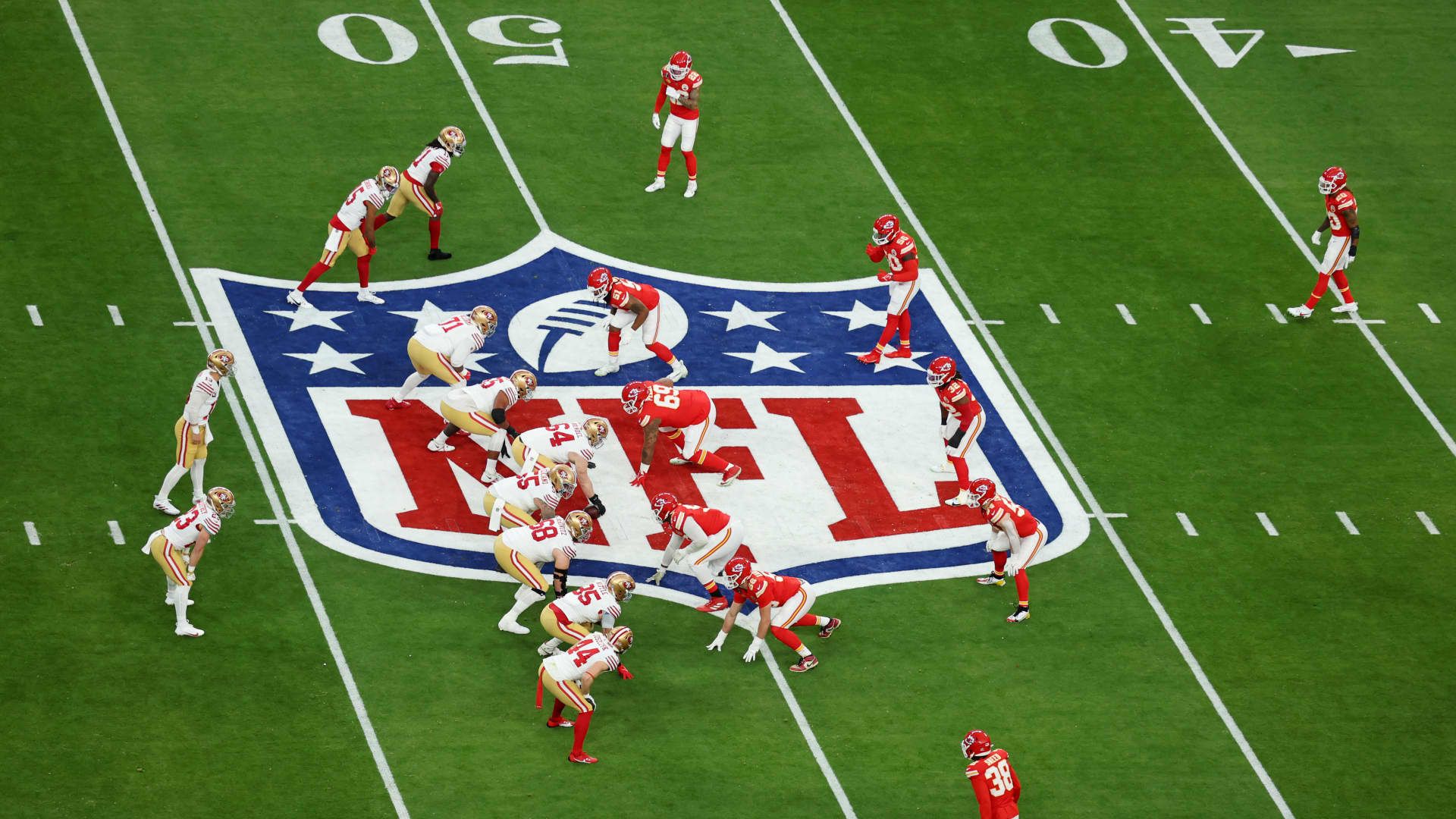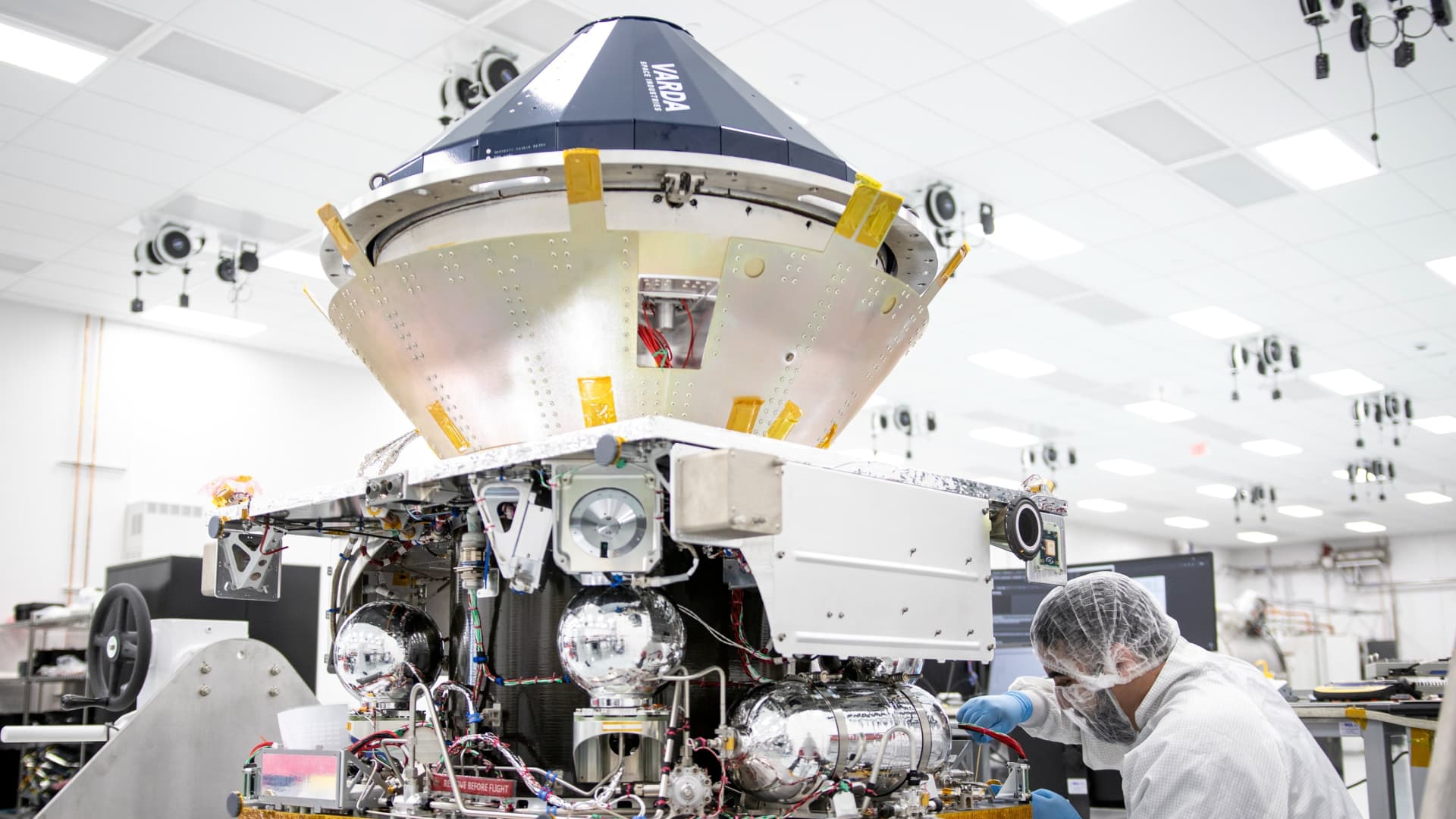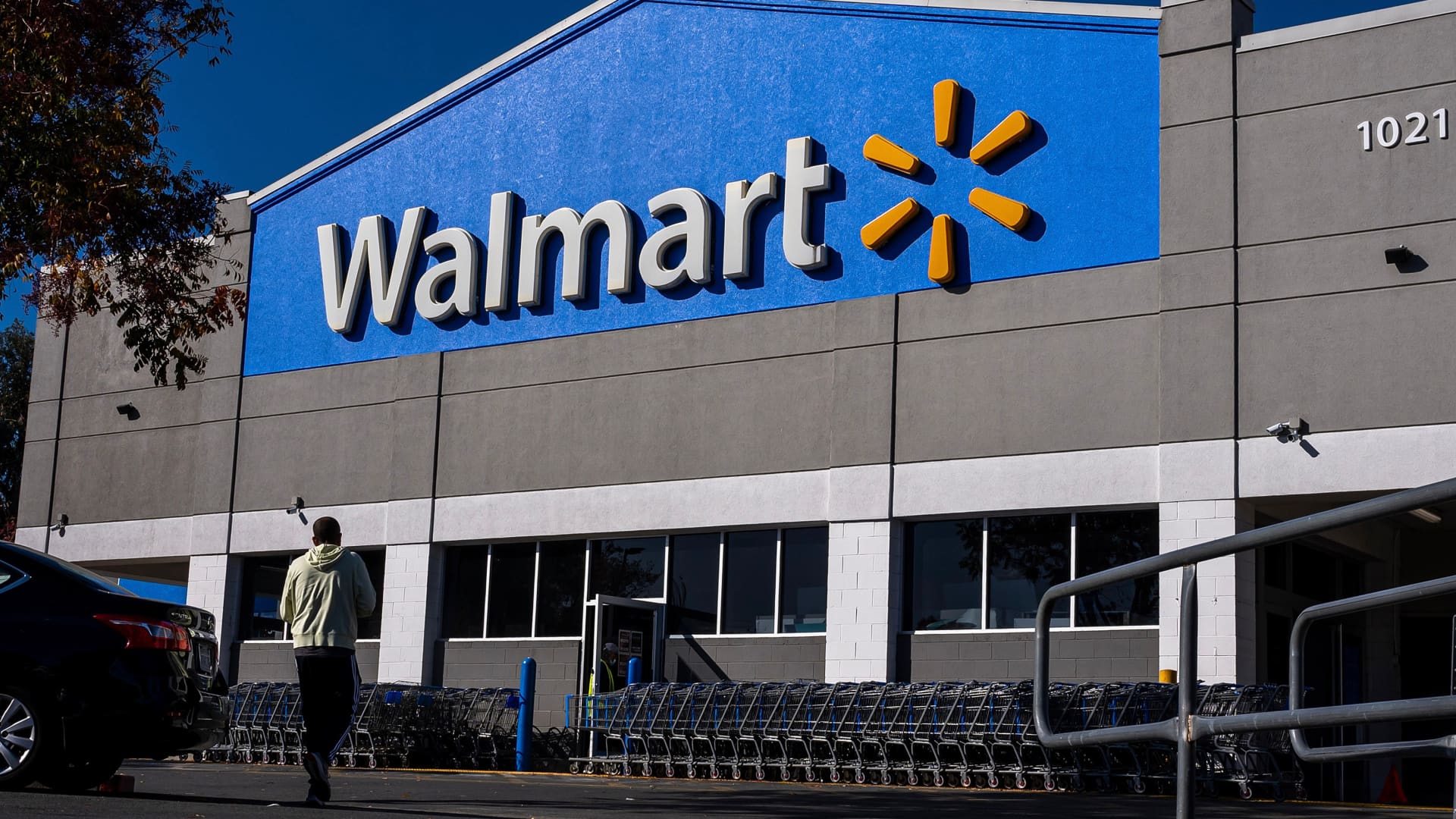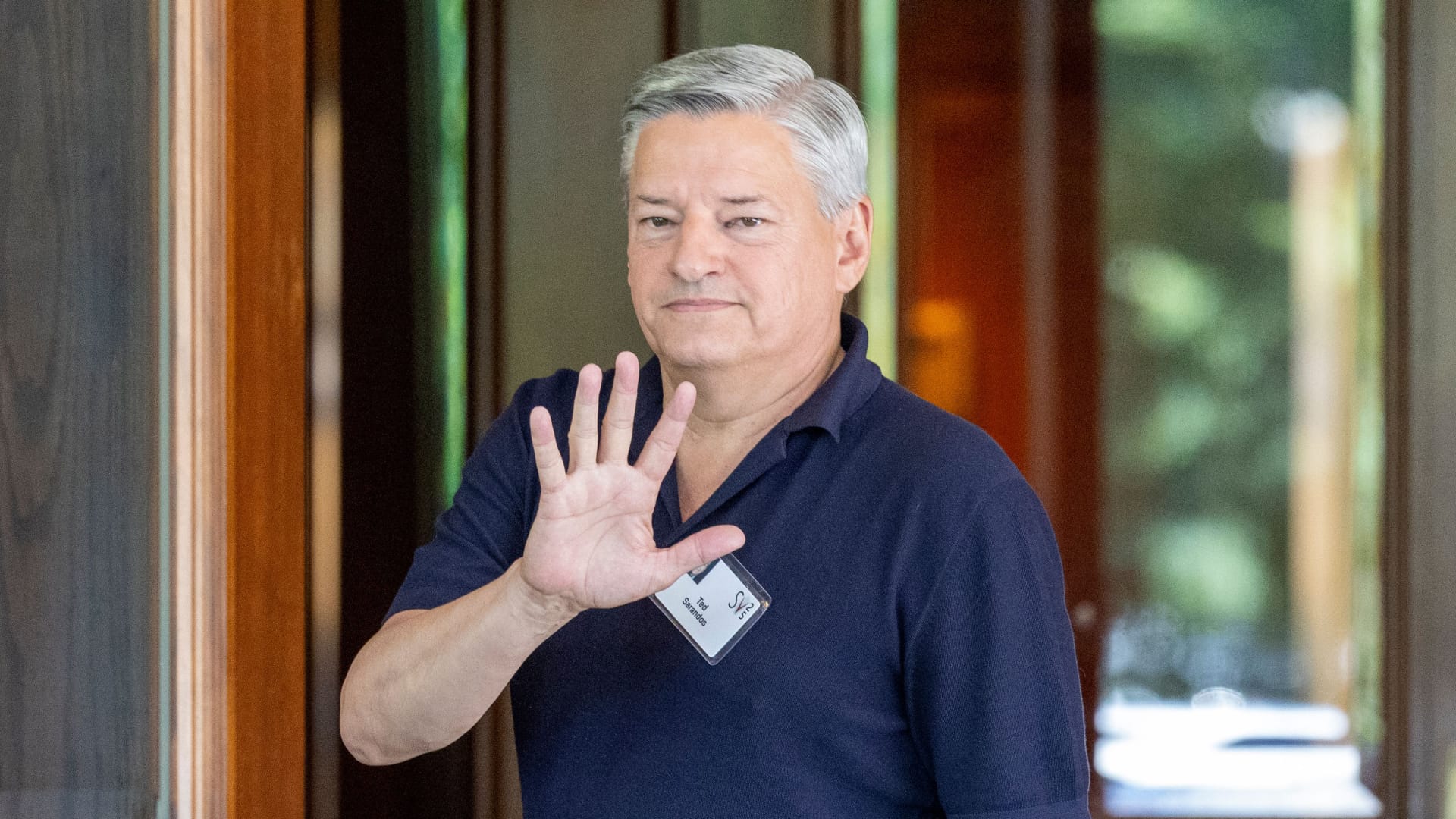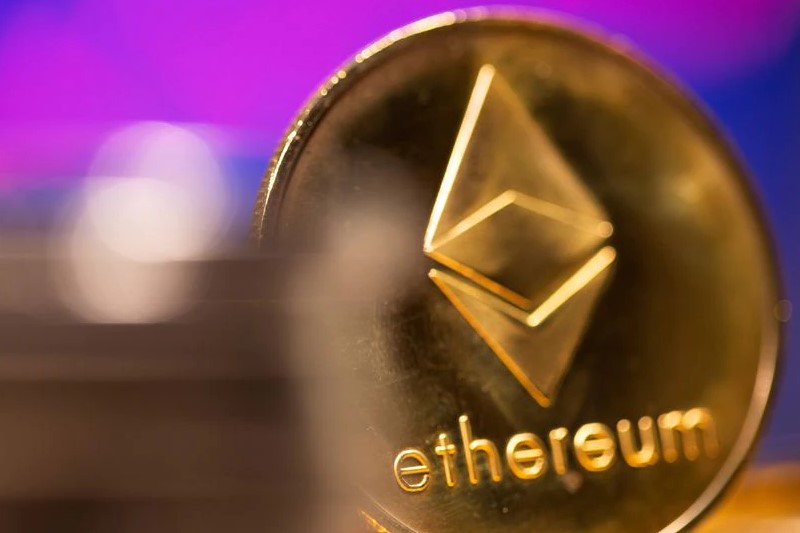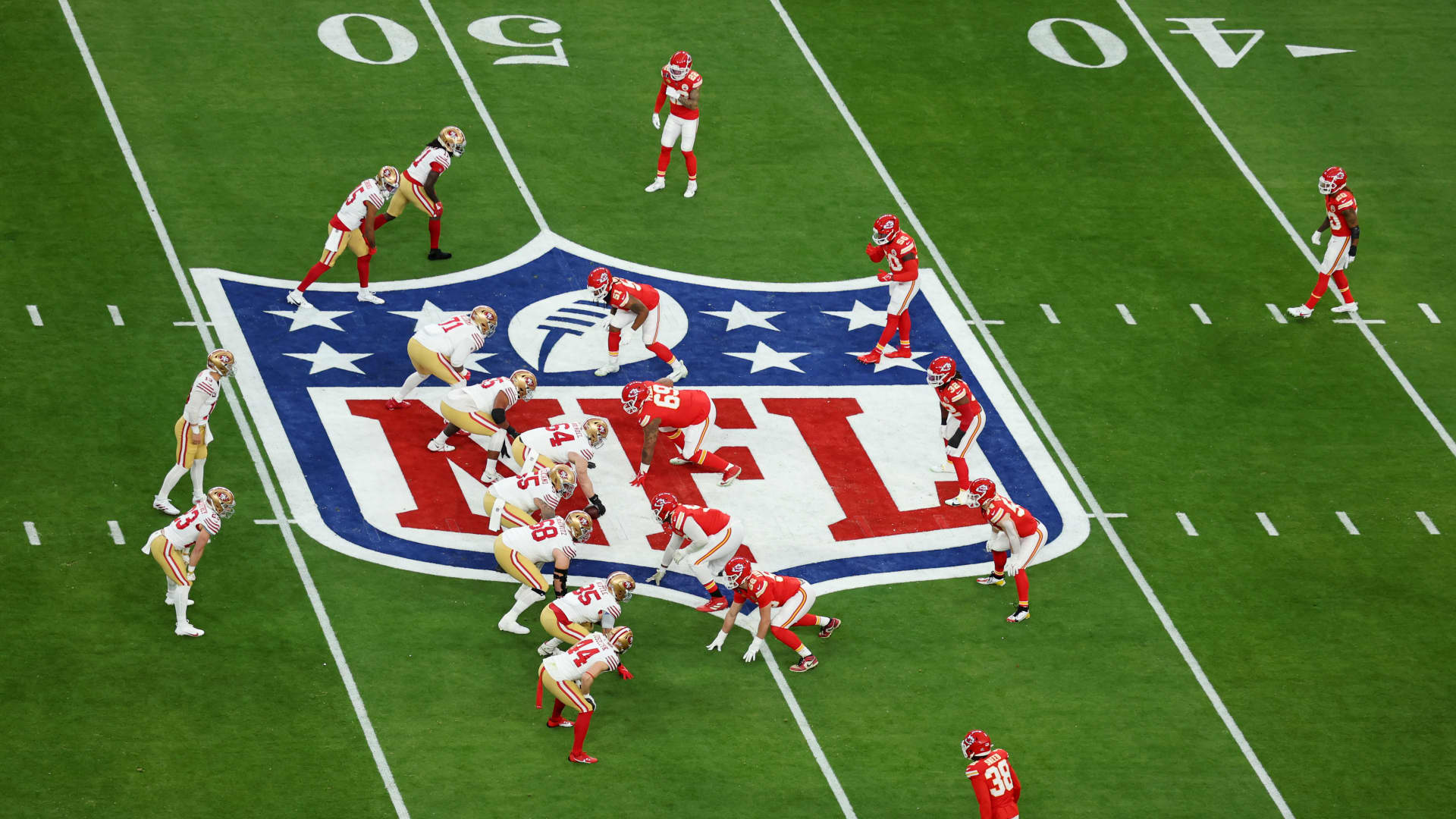Brock Purdy, number 13 of the San Francisco 49ers, prepares to throw the ball in the first quarter against the Kansas City Chiefs during Super Bowl LVIII at Allegiant Stadium in Las Vegas on February 11, 2024.
Michael Reaves | Getty Images
The National Football League has informed owners and investment firms that it intends to take a percentage of private equity proceeds on any future sales of ownership stakes, according to people familiar with the matter.
NFL owners voted Tuesday to allow private equity firms to take a maximum 10% stake in teams.
The league has never before allowed private equity investment. Major League Baseball, the National Basketball Association and the National Hockey League already allow up to 30% of teams to be owned by investment firms, though the limit for individual funds is between 15% and 20%.
No other league takes a percentage of the so-called carry — the share of a fund’s investment profits that managers typically receive as compensation — from all private equity firms. It was unclear before the owners meeting whether the NFL’s plan would apply to all firms or just some, or what percentage of profits the league wanted to keep.
The NFL has informally told investment firms that if they get a return on an investment, it wants a portion of the profits returned to the league.
It was also unclear whether the NFL's plans to keep a portion of the profits would deter future private equity investments. Initially approved companies include Ares ManagementSixth Street Partners and Arctos Partners, and a consortium of investors including Dynasty Equity, Blackstone, Carlyle Group, CVC Capital Partners and Ludis, a platform founded by investor and former NFL running back Curtis Martin.
The NFL declined to comment.
Over the past 20 years, the league's total value has risen from $23.46 billion to $190 billion, an increase of 710%, according to Sportico. The S&P 500 index has risen around 660% over the same period.

